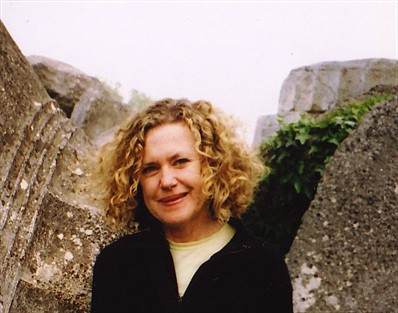
Anne Wagner
Everyday People – Vardagsmänniskor
Föreläsning av Anne Wagner
13.5 2011
Stockholm
Anne M Wagner var professor inom avdelningen för konstvetenskap på The University of California, Berkely mellan 1988-2010, och innehavare av the Class of 36 Chair. Hon är nu Class of 1936 Chair Emerita. Annes nyligen publicerade essäer handlar om David Smiths svetsade skulpturer, Candice Breitz berömda videor och inkluderar också studier om den rymd som finns i Eva Rotschilds senare arbeten.
Anne Wagners texter har kunnat läsas i konsttidskrifter som Artforum, Representations, October och The Treepenny Review. Jean-Baptiste Carpeaux: Sculptor of the Second Empire, publicerades 1986 och Three Artists (Three Women utgavs 1996. Hennes tredje bok Mother Stone: The Vitality of Modern British Sculpture, gavs ut 2005 på Yale University Press. Essäboken A House Divided: On Recent American Art, kommer att finnas tillgänglig från hösten 2011 på University of California Press. Behaving Globally är på uppdrag av Princeton University Press på gång, för att ingå i en ny serie som heter Essays on the Arts. I september 2010 började Anne på en ny tjänst vid Tate där hon är The Henry Moore Foundation Research Curator. Hon är också Visiting Distinguished Professor at the University of York.
Datum: 13 maj 2011
Tid: kl 17-18
Plats: Auditoriet
Språk: Engelska
Fri entré.
According, in other words, to the notion of a special category of experience: routinized yet not taking its marching orders from the rhythms of industrialized production, steeped in the ordinariness that life has when it falls through the cracks. This paper revisits Lefebvre’s proposal, to ask whether the everyday still survives as a useful term. If so, how might it figure in contemporary visual representation? This paper suggests that some such set of questions have motivated a fairly wide range of recent artworks – most of them variations on the practice of portraiture – bringing with them the anxiety that everyday experience might well be a thing of the past.
I samarbete med Södertörns Högskola
